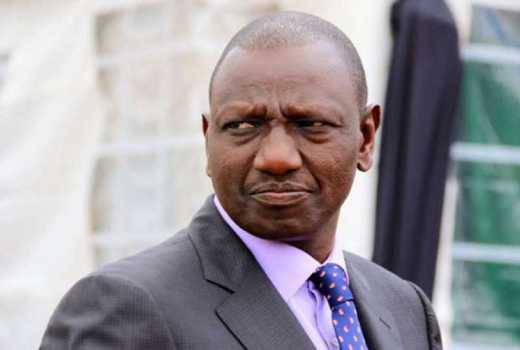×
The Standard e-Paper
Smart Minds Choose Us

Last week, David Mugonyi, the spokesman of Deputy President William Ruto, was caught on an audio recording, threatening Justus Wanga, a Nation Media Group journalist. The threats have been condemned by journalists, editors and human rights defenders.
This is the fifth case of an attack on a journalist this year. The other attacks and violence against media workers were against Peter Warutumo and Sammy Lutta both of Nation Media Group; Hesborn Etyanga of Star Newspapers and Phillip Ekadeli of Radio Maisha.